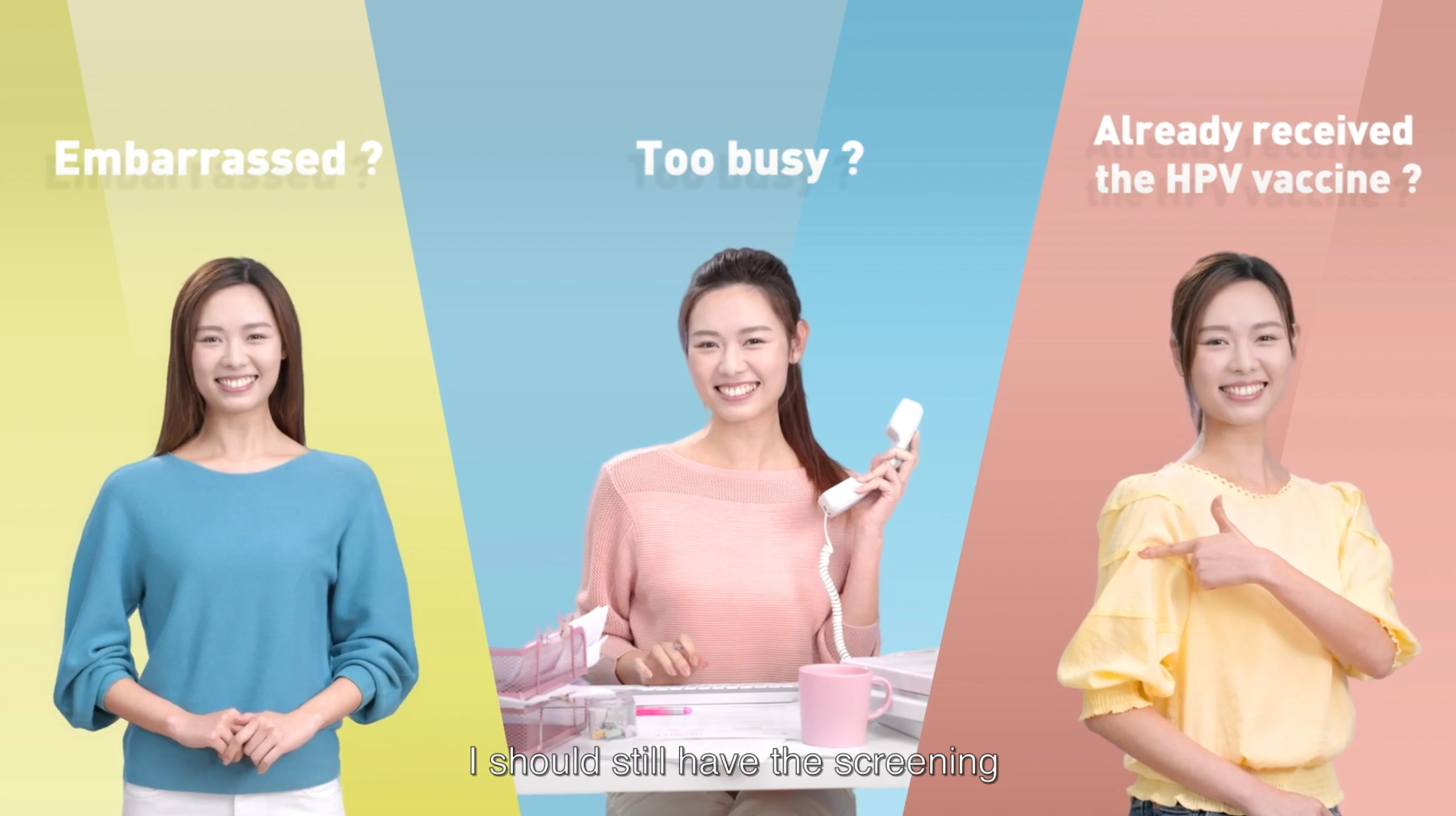Copyright scmp

Hong Kong health authorities have warned against using human papillomavirus (HPV) screening methods that involve collecting menstrual blood with sanitary pads, citing “insufficient” scientific evidence for their efficacy. The Department of Health said on Sunday that it was responding to claims made by businesses that menstrual blood could be collected using sanitary pads, then self-sampled and mailed to a laboratory for testing for the virus. It did not name any brands. “The Department of Health … reminded members of the public that there is currently insufficient scientific evidence, both locally and internationally, to confirm the reliability of using menstrual blood for cervical screening,” it said. It added that the department would continue to review the latest scientific evidence in this field. The department launched a pilot scheme for HPV testing using self-collected vaginal samples to study the method’s feasibility in 2024, following recommendations from the World Health Organization (WHO) that self-sampling was a “reliable method for cervical screening”. HPV is a type of sexually transmitted infection that the WHO has said causes more than 95 per cent of cervical cancer cases. According to local statistics, cervical cancer was the ninth most common female cancer in Hong Kong in 2022, with 522 new cases and 167 deaths. The WHO recommends that all countries prioritise providing HPV vaccines to girls aged nine to 14 before they become sexually active. Since 2023, the department has adopted HPV testing using cervical cells as the primary approach of cervical screening for women aged 30 to 64. The move was in response to a recommendation from the Cancer Expert Working Group on Cancer Prevention and Screening. Women aged 25 to 29 are still recommended to undergo cervical screening by cervical cytology, also known as a Pap smear. The higher prevalence of transient HPV infection in that age group meant that HPV testing could result in unnecessary follow-up tests and medical procedures, the department said. Last year, the government launched a one-off scheme offering free HPV vaccinations to female residents aged between 16 and 20. The two-year scheme aimed to cover the 190,000 people born between 2004 and 2008 who were left out when the government started vaccinating all girls in Primary Five and Primary Six in 2019. The department said on Sunday that all screening methods had their limitations, including the potential for false negatives or false positives. “Therefore, screening results should only be used as a reference and cannot substitute professional diagnosis by medical practitioners,” it said. People who had concerns about their screening results should consult healthcare professionals and undergo examination at suitable medical institutions, it added.



